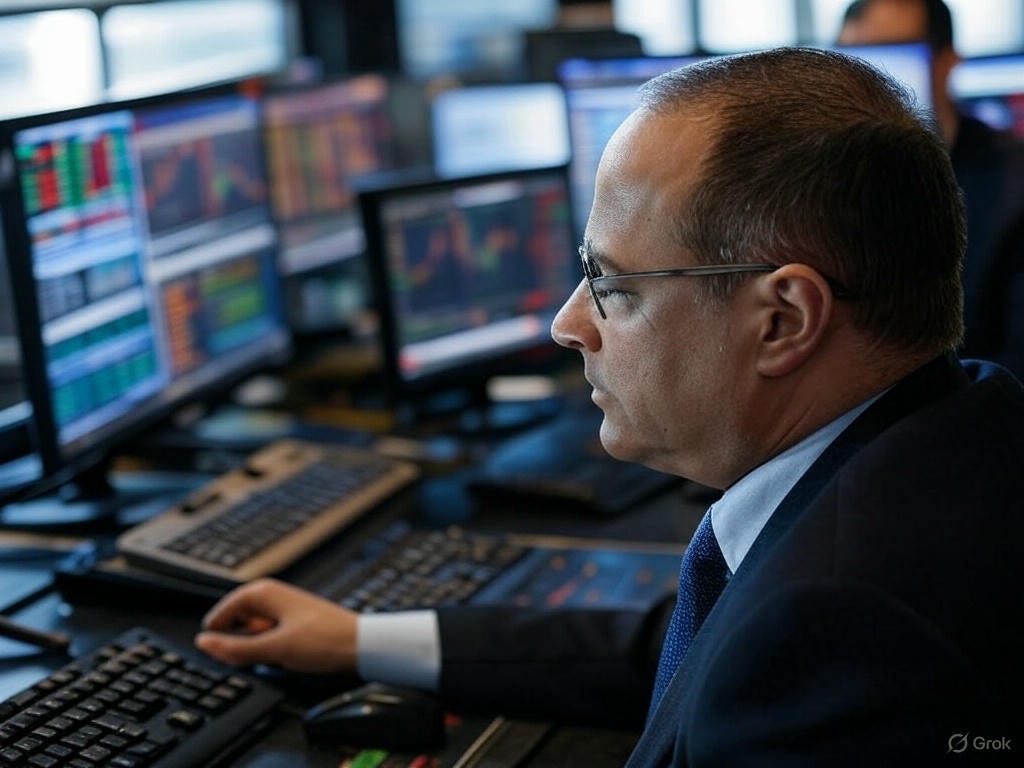Outsourced Trading
Has tech brought more trading home?
The TRADE reported today that a leading bank has sent notice that they will shut down their outsourced trading operations in a few months. I was surprised to see this.
Outsourced trading is the practice where buy-side firms like hedge funds, family offices, commercial firms, and other institutional investors outsource their trading operations to banks and boutique trading operations for trade execution. The buy-side shop may not have the staff, resources, or expertise to execute its trades. It may not wish to take on the risk of executing poorly, such as entering a buy order as a sell or performing a fat-finger execution, where it buys $10,000,000 worth of an instrument when it intended to buy $100,000.00 worth.
Outsourced trading desks have been a growing niche for decades as buy-side shops often happily hand over their orders for blue-chip execution. There’s more to that as well. The boutique trading operations also add value through services like proprietary research and premium execution services. Armed with easy-to-configure algo logic, trade desks have a multitude of ways to differentiate their trade execution and compete for the best prices and overall trade execution. No longer are exchange-defined Iceberg order types enough. Orders are now worked with a basket of triggers, thresholds, and conditional logic providing a huge amount of wiggle-room to add personal finesse. Another attraction of outsourced trading desks is capital introductions. Cap-intro is a big, big deal for fund managers who are always looking for more clients to increase their assets-under-management (AUM). Banks and boutique trading operations have connections. They know people and can open doors that would forever be a barrier for start-ups and smaller funds.
So what happened here? I have no idea why this bank made an abrupt change and shuttered its doors. They had recently made a major hire in this department which made the move even more mysterious. I’m curious if this signals a shift in the industry as a whole.
Modern trading platforms have eased risks and complexity in order execution. I have years of experience developing trading tools for institutional traders and this includes bank order desks and buy-side firms. Those tools, the fancy algos that control order entry, order management, and post-trade allocations, have made the entire process highly efficient and removed much of the risk inherent throughout normal trade operations. Automation has dramatically changed the look and feel of orders desks as workloads have fallen with fewer hands touching orders. Has all of this order optimation logic found its way to the buy-side? Perhaps.
Then again, this could just be a one-off. There’s no explanation for why this outsourced trading operation is shutting down. We’re always looking for signals and perhaps this one is false. I don’t know.
What do you think? Has outsourced trading peaked, or is the chart still pointing up and to the right?


